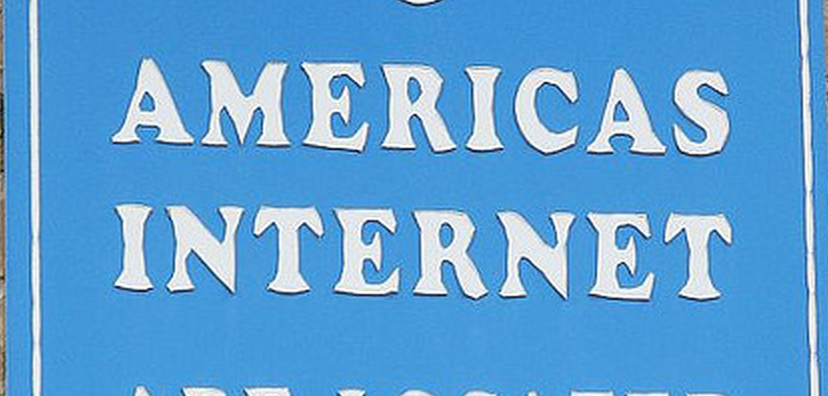Senate Passes Bill Making Internet Tax Ban Permanent

(Steve)
Recent attempts to make this ban permanent — by simply striking out the current end date on the latest version of the Tax Freedom Act — had stalled in both the House and Senate. And so, as we reported in December, the language was simply tacked on to HR 644, Trade Facilitation and Trade Enforcement Act of 2015, a piece of legislation authorizing funding for Customs and Border Protection, that was deemed likely to pass. Today, it passed the Senate with a 75-20 vote.
“Internet Tax Freedom saves Oregonians and most Americans hundreds of dollars a year in taxes,” writes Oregon Sen. Ron Wyden, a co-author of the original Tax Freedom Act and an outspoken proponent of the permanent ban. “There’s no ban on wireless taxes and Americans pay an average 17 percent (!) tax on their mobile service.”
In addition to removing the end date on the existing tax ban, the revised law puts an end date of June 30, 2020 for those few states that are still collecting sales tax on Internet services.
When the original law was passed, more than a dozen states were allowed to continue charging taxes for online access. In the intervening years, many have opted to drop these taxes. Currently, only Hawaii, New Mexico, North Dakota, Ohio, South Dakota, Texas, and Wisconsin still collect taxes for going online.
What the legislation does not resolve is the hotly contested issue of taxes for online purchases. For example, states are currently allowed to collect sales tax from an online retailer if it has a physical presence in that state. It’s a wrestling match that has resulted in a patchwork of settlements and arrangements around the country, with many larger e-tailers like Amazon collecting taxes in some states but not in others. The retail industry has repeatedly pushed for a federal law that would be more precise about exactly when states can collect sales tax, but to no avail.
Want more consumer news? Visit our parent organization, Consumer Reports, for the latest on scams, recalls, and other consumer issues.

